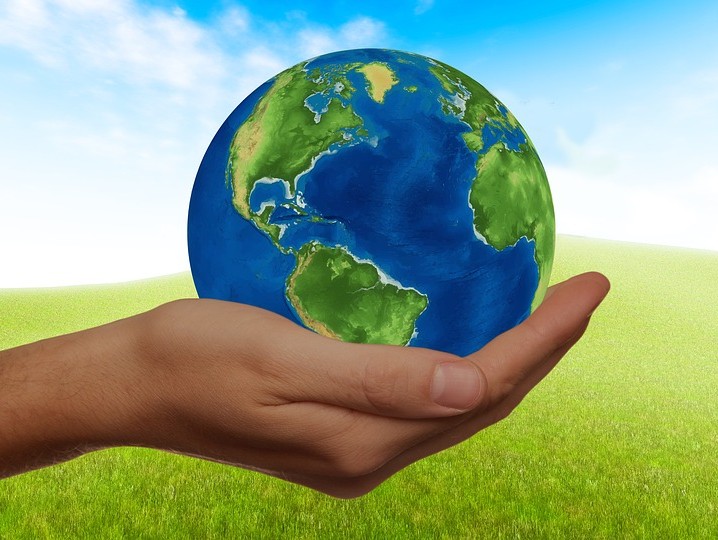
The Netherlands Environmental Assessment Agency (PBL) has finally decided to post the real climate gain associated with halving the consumption of meat, dairy and eggs on its website. Halving the consumption of animal products across Europe leads to a reduction in greenhouse gasses of 2-4%, depending on the products that are left untouched (chicken, pig or beef). Initially, the PBL told the public that the climate gain would be 25 to 40%. In December 2018, following action by the Agri Facts Foundation, the PBL adjusted this somewhat, but still did not mention the real climate benefit of eating less meat. Until 10 January, after STAF took action again that week.
The Agri Facts Foundation is pleased with the result achieved and the relatively smooth adjustment of the figures by the PBL. On the other hand, STAF also sees the harmful consequences of this great carelessness of the PBL, by publishing far too high greenhouse gas figures for meat consumption. John Spithoven, chairman of STAF: "It makes quite a difference whether you tell politicians and society that halving meat consumption results in 25-40 percent or 2-4 percent less greenhouse gases. Politicians and society attach great value to the figures of the PBL, and the government has appointed the PBL as the national government's accountant for the elaboration of the Climate Agreement. However, we must be able to rely on the fact that the figures for agriculture and horticulture have also been carefully compiled and reported with the same care. That was certainly not the case here.
Halving meat consumption is not considered realistic. The PBL advises the government to work towards a 15 percent reduction in the consumption of animal proteins under the current Climate Agreement. In that case the climate gain will be about 0.5 to 1 percent (less greenhouse gases).
Source: © Stichting Agrifacts